STAYING ON TRACK WITH YOUR HIV CARE
The best way to make sure you stay on track with your HIV care routine is to take your medicine as prescribed. This is also called ‘treatment adherence’. Good adherence not only helps you stay undetectable1, but it can help to maintain your general health too.2
There are lots of ways you can make it easier for yourself, from setting a reminder on your phone to switching to an HIV medication that better suits your lifestyle. The important thing is to find something that works for you.
KEEPING TO YOUR ROUTINE
Taking your medication on time is important – but it’s not always easy. Even with the best intentions, there are lots of things that can get in the way of good HIV adherence, such as holidays, working night shifts or the worry of someone finding your tablets.
However, many people living with HIV find that if you work your treatment into your lifestyle, taking your medicine can become second nature.
Find what works for you
Hear Brad talk about his approach to HIV care and treatment and how his routine helps him stay on track.
NP-GBL-HVU-WCNT-210096 | March 2022
TIPS TO STAY ON TRACK
If you do find that you are struggling with your treatment regimen, here are some treatment adherence tips you can try:4
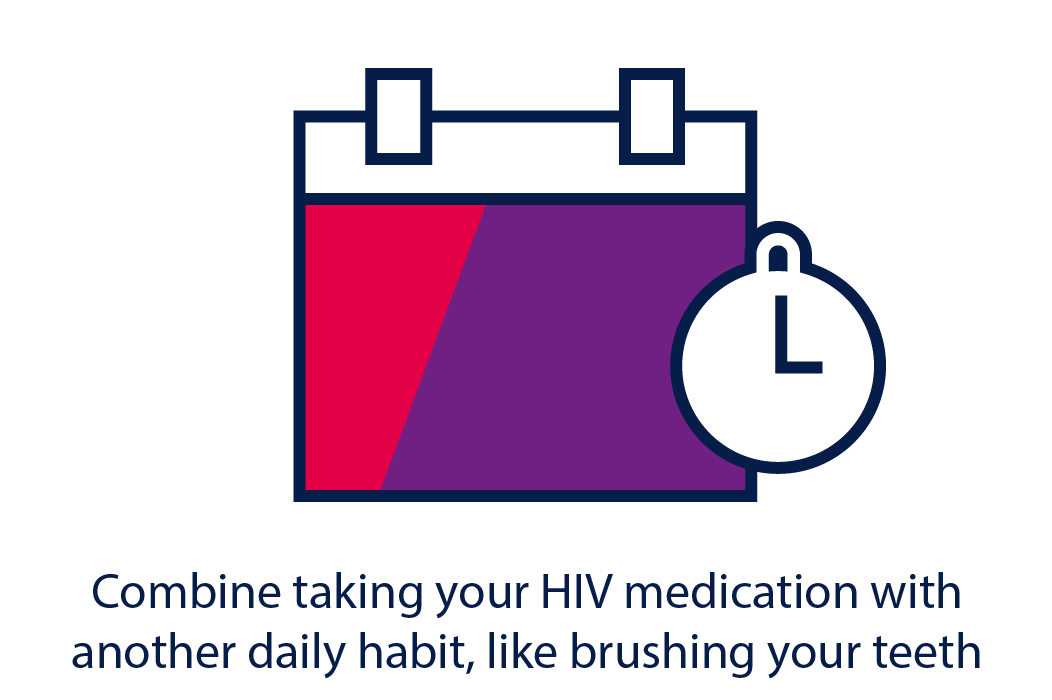
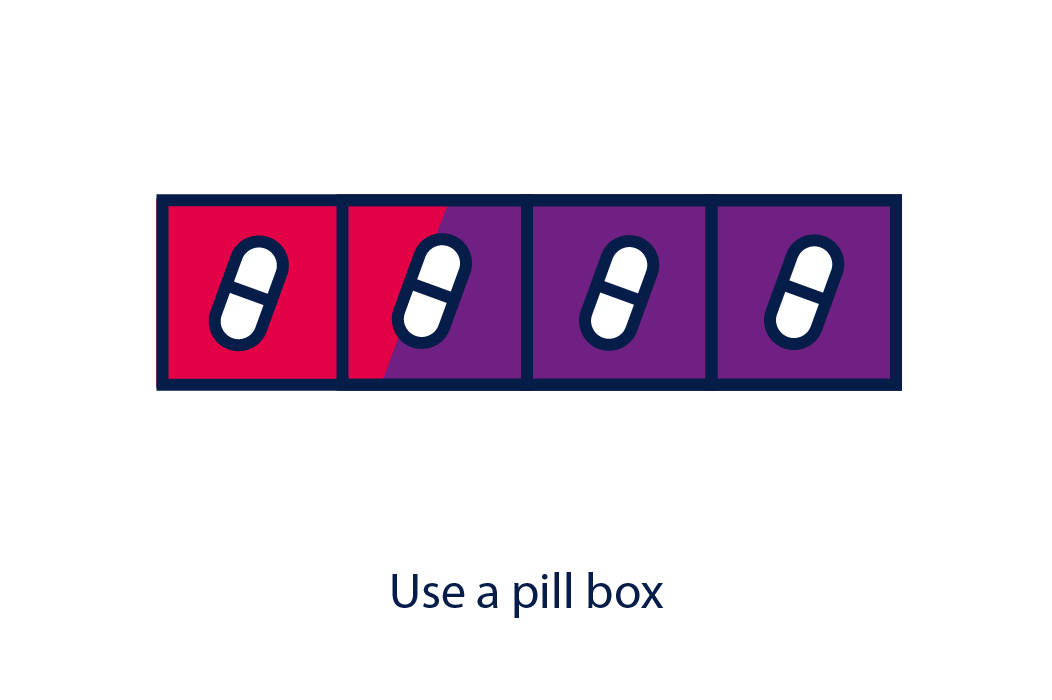
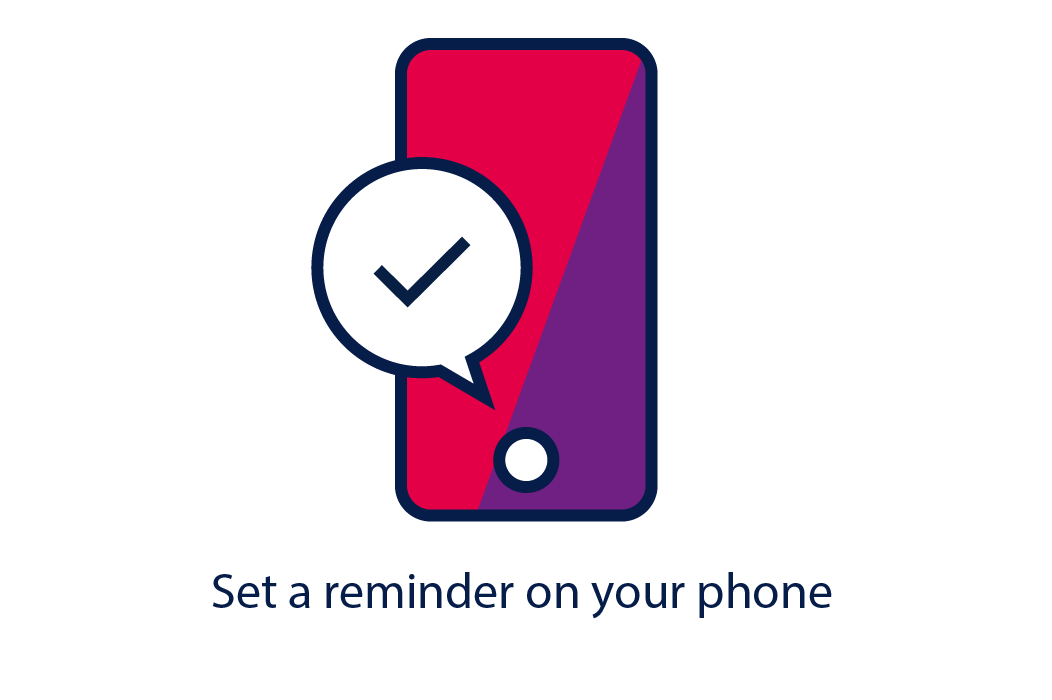
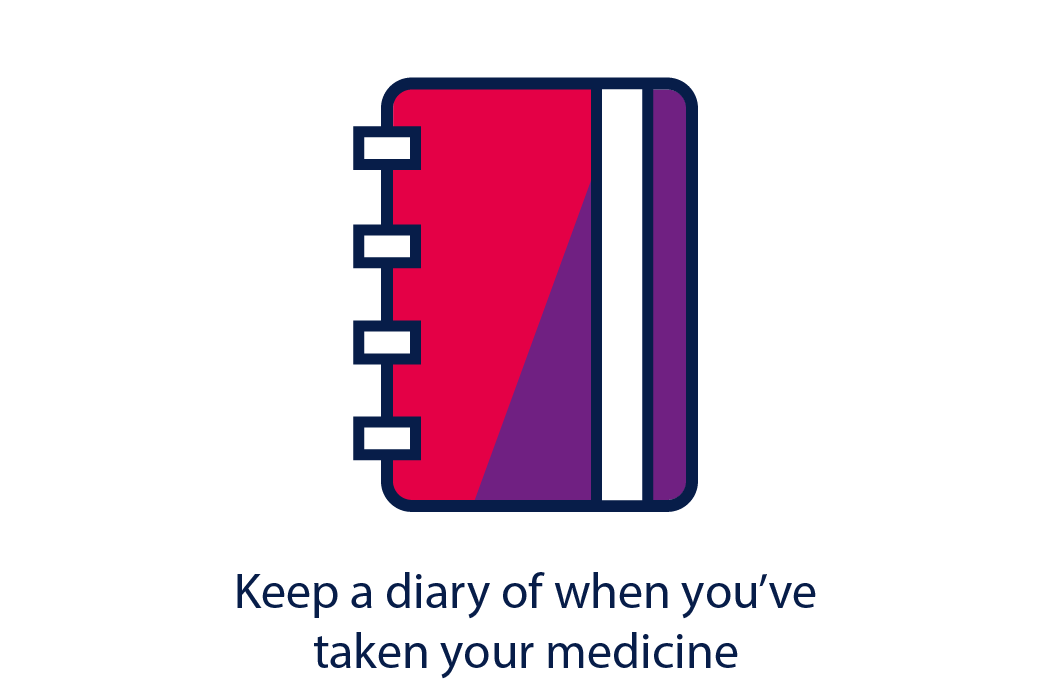
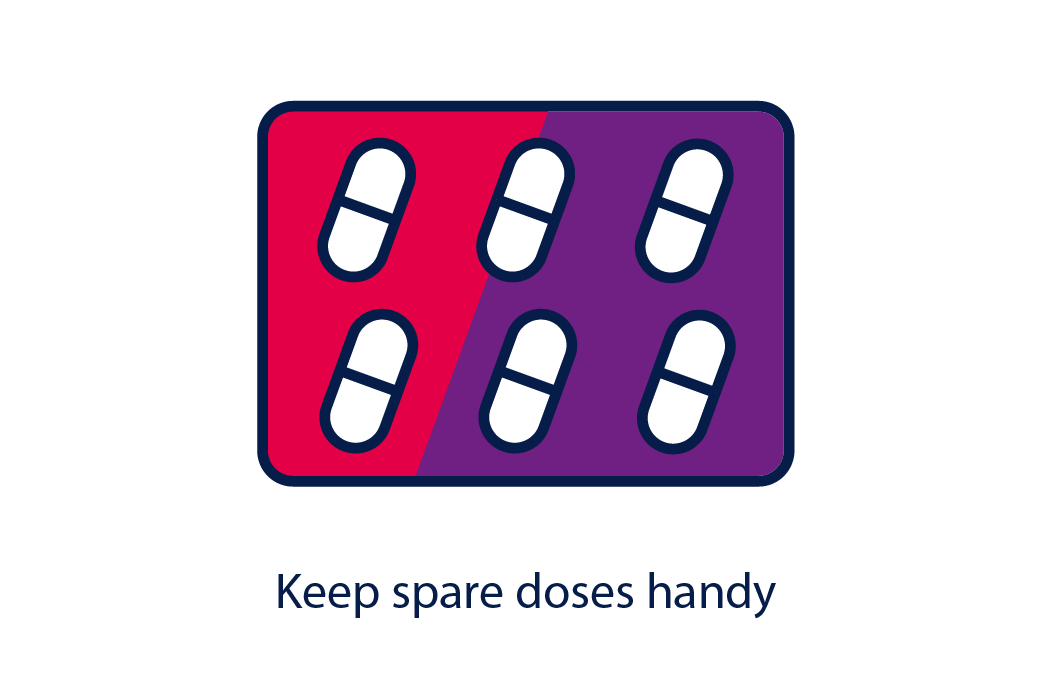
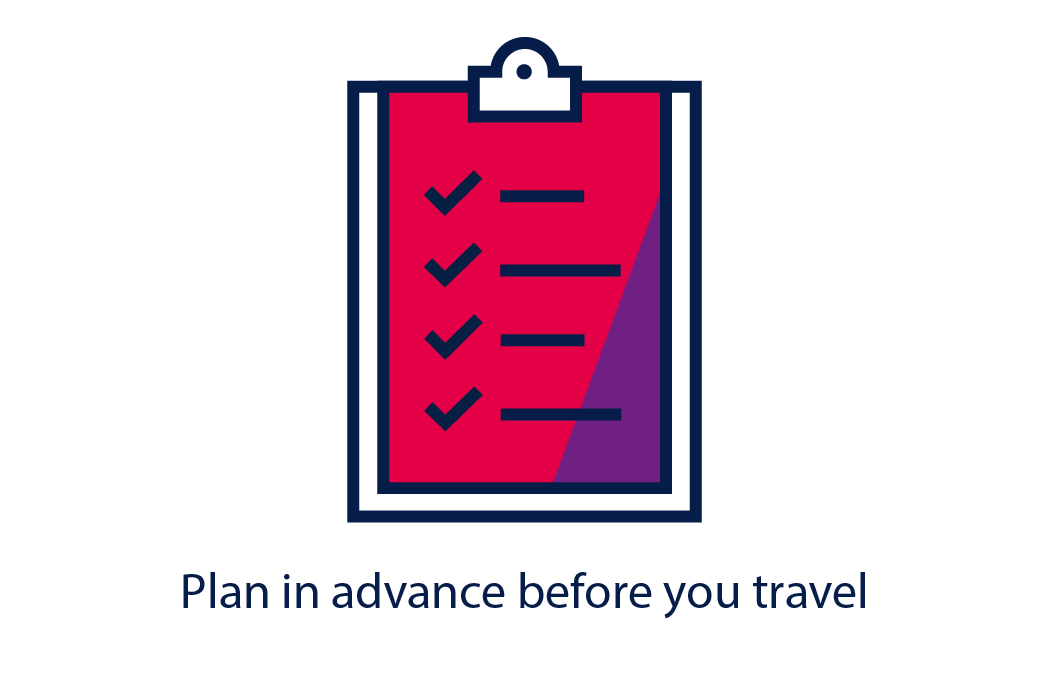
If you are having difficulty taking your medication as prescribed, talk to your healthcare team about your concerns.
Occasionally forgetting to take your HIV medicine or taking it late isn’t usually a problem if your overall adherence is good. However, if you do find you’re regularly missing doses or find it a struggle to stick to your treatment plan, tell your healthcare team so together you can find a better option.
Tom’s tips
Tom shares the methods he uses to remind himself to take his HIV medication, including a pillbox, keyring and lists on his phone.
Samantha’s tips
Sharing her own routine, Samantha talks about how a pill organiser and phone alarm helps remind her to take her HIV medication at the right times.
NP-GBL-HVU-WCNT-210097 | August 2022
BEING EMPOWERED IN YOUR CARE
When it comes to your HIV treatment and care, being your own champion can help you get closer to your treatment goals. Research also tells us that being involved in decisions about your treatment can have a positive effect on your health and wellbeing too.5
Remember, this is your life and you are in charge.
If there’s ever anything about your treatment that isn’t working for you, you don’t just have to put up with it. You can expect more! Speak to your doctor and together decide on a solution that has less impact on your health or life.
If you’d like to hear more about self-advocacy and being empowered in your HIV care, listen to the ‘More power to you’ episode of the Positively Thriving podcast.

POSITIVELY THRIVING
More Power to You
How do you move from the uncertain days just after diagnosis to feeling totally in control of your life and future? Tom, Sam and Robert discuss self-advocacy, treatment and quality of life – plus Sam reveals why getting kicked onto a train was a game changer.
Doing your own research can be helpful
A little research can help you define what you want from your HIV treatment. Hear how Tom’s research into HIV led him to taking an active role in his care.
Being involved in treatment decisions has its benefits
The Positive Perspectives study asked people living with HIV about what was important to them.
The study also showed that people living with HIV who are more engaged with their healthcare teams were more satisfied with their treatment and had better overall health:5
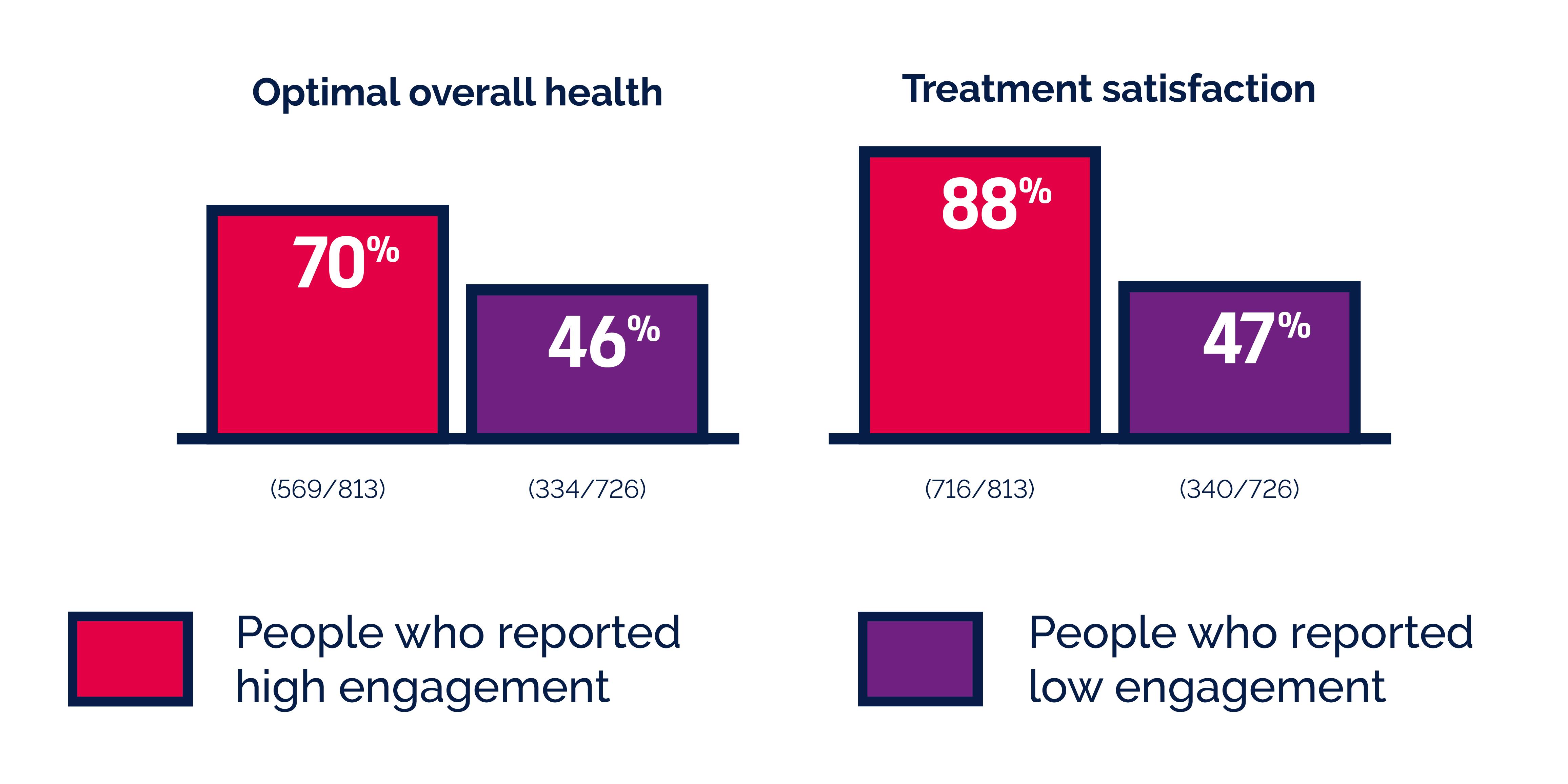
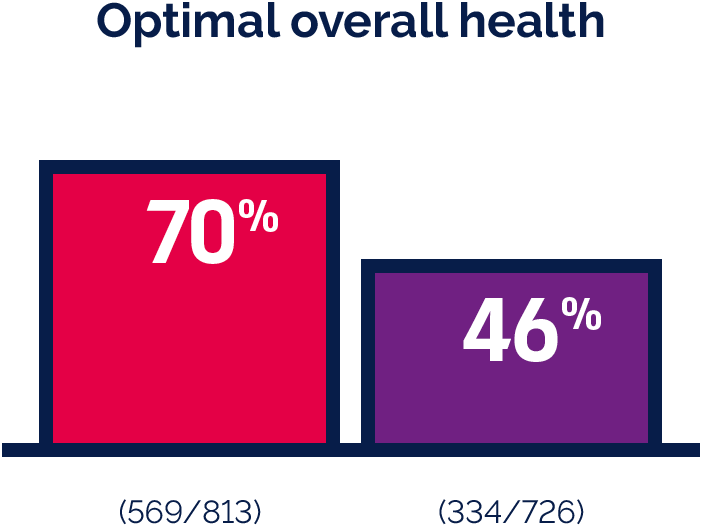
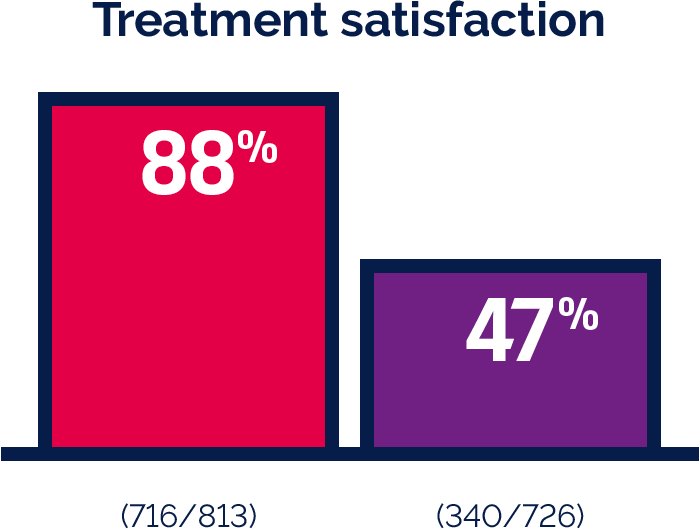


NP-GBL-HVU-WCNT-210098 | March 2022


WHAT'S NEXT ?
There was a time when HIV care focused solely on suppressing the virus. As HIV care has evolved, ensuring a good quality of life for people living with HIV is now just as important as effective HIV treatment and care.
Having a long, healthy life should be achievable for most people living with HIV today.3 This may mean that your health and treatment needs change over time.
- Avert. What is an undetectable viral load? Available at: https://www.avert.org/living-with-hiv/antiretroviral-treatment/what-does-undetectable-mean. [Accessed September 2021].
- Schaecher KL. Am J Manag Care. 2013;19:S231–S237.
- National Health Service. Treatment – HIV and AIDS. Available at: https://www.nhs.uk/conditions/hiv-and-aids/treatment/ [Accessed: November 2021].
- NAM Aidsmap. Adherence tips. Available at: http://www.aidsmap.com/about-hiv/adherence-tips. [Accessed September 2021].
- Okoli C, et al. Poster presented at the 23rd International AIDS Conference; 2020; July 6–10. Poster PED 0808.
NP-GBL-HVU-WCNT-210095 | March 2022
Title
Word Type
Sub Heading
definitionIf you get any side effects, talk to your doctor, pharmacist, or nurse. This includes any possible side effects not listed in the package leaflet. You can also report side effects directly via the GSK Reporting Tool link https://gsk.public.reportum.com/. By reporting side effects, you can help provide more information on the safety of this medicine.
If you are from outside the UK, you can report adverse events to GSK/ ViiV by selecting your region and market, here.


